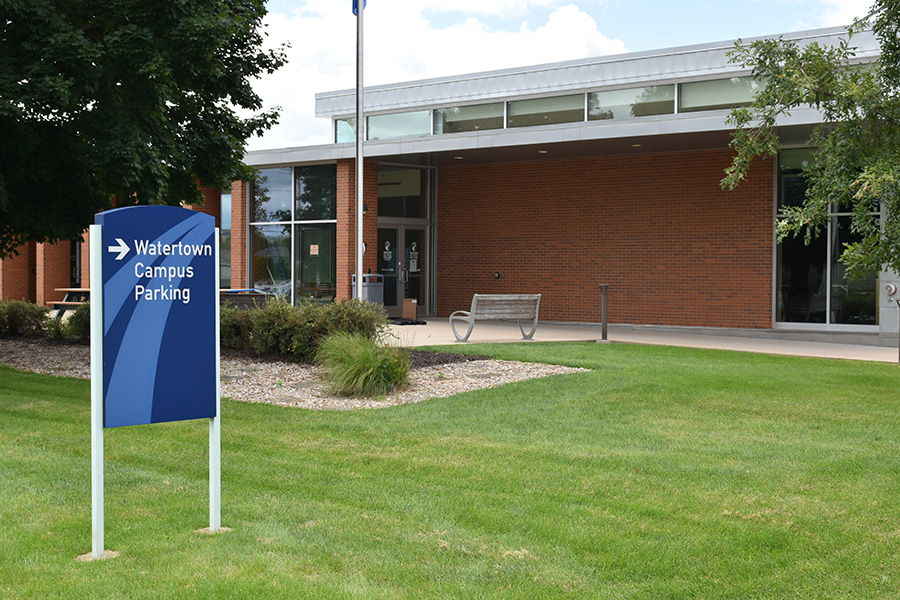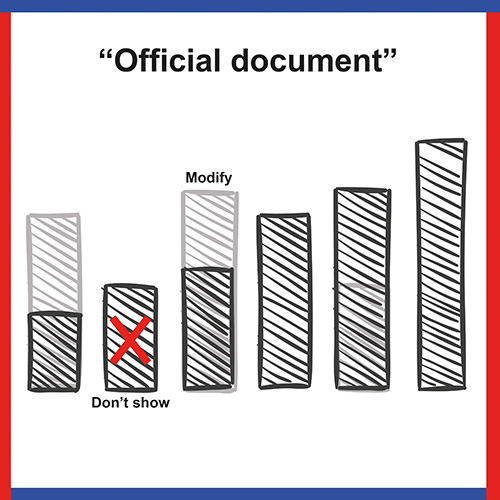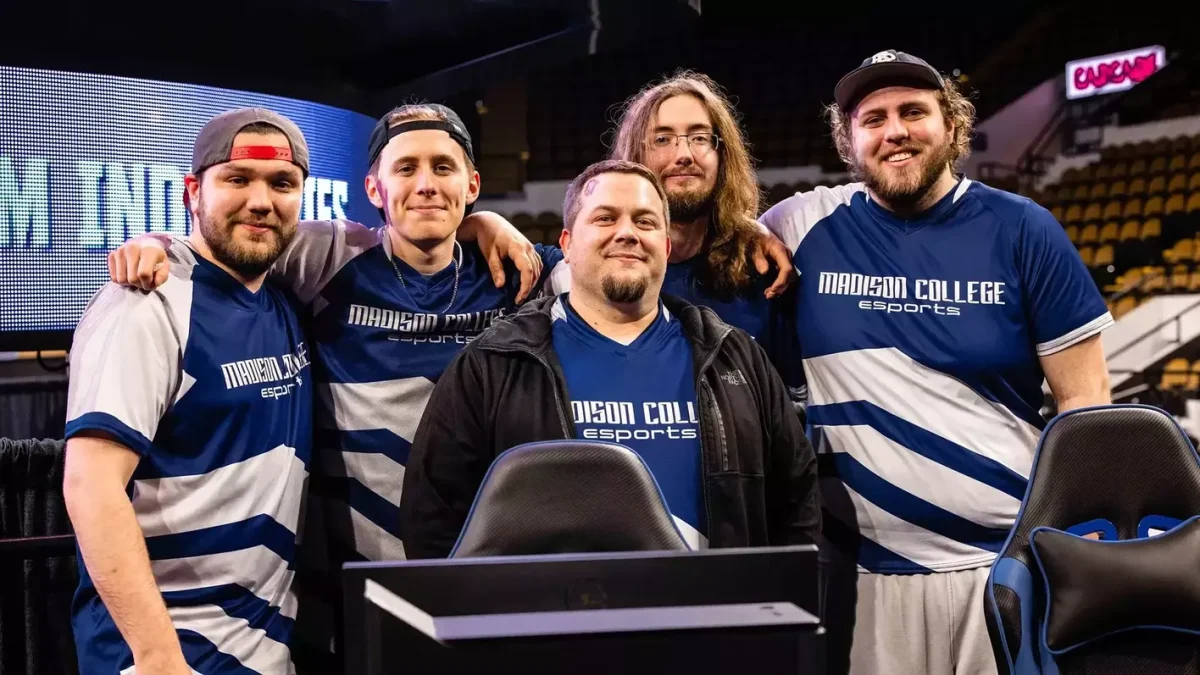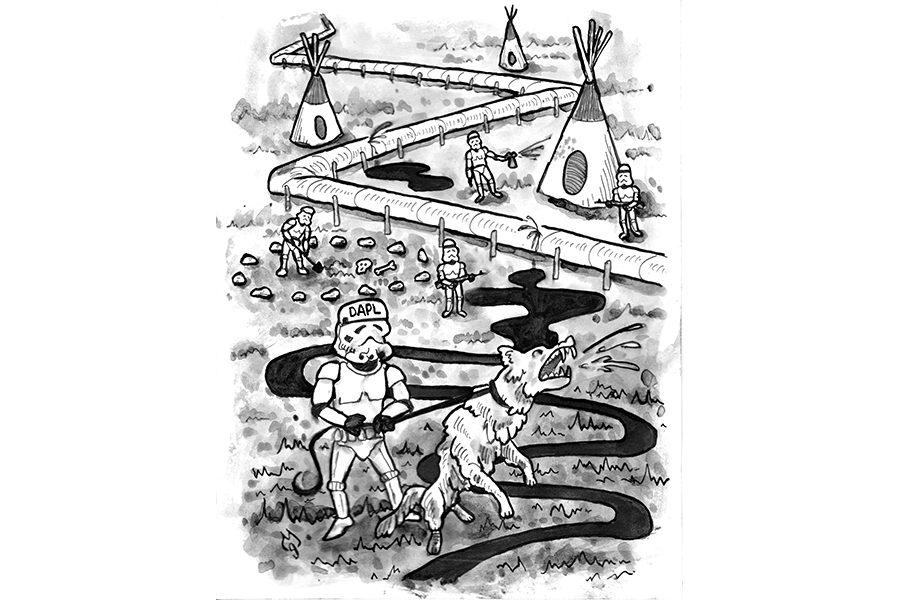Heroes work to protect the environment: Many fighting to prevent threat posed by pipelines
November 16, 2016
Heroes are everywhere. We see them every day, but we just don’t know it. They are members of our family or even members of congress. They dedicate themselves to causes that we would consider good and take on worthy endeavors, which they never give up on.
I want to tell you about the struggles of some heroes fighting for the same cause, to protect water, and the people living in America. Without more heroes, the battle against crude oil pipelines that are now spanning across our nation like a spider’s web waiting for us to get trapped may be lost.
Many people fought this battle before and won. But what they didn’t realize is this is not going to be one battle, but an all-out war with many battles that will be waged for at least another decade.
They started with the TransCanada Keystone pipeline project, when Americans really started understanding the dangers of oil pipelines in their backyards.
We heard about a number of leaks and spills from other pipelines. The reality is that pipelines will at one point or another leak and break. The sheer magnitude of the pipeline itself means that the any spill could be life-threatening due to the immense threat to the local environment, including damage to local water sources.
According to TransCanada Executive Summary drafted for the U.S. Department of State on March 2013, the Keystone pipeline would transport 830,000 barrels of crude oil per day.
After much resistance, our President Barack Obama spoke out against the pipeline and his administration blocked it on November 6, 2015.
Obama became the hero that finally turned the tide on keeping the LX pipeline out of the United States. Remember that he needed many other heroes to persuade him though. These people; the general media, environmentalists and their collectives, plus some regular Joe’s all volunteered their time and energy to protect the wellbeing of others.
But not all of the pipelines have been stopped with this act. We still have more battles to fight before we can convince the world that crude oil pipelines are too dangerous to allow near any of our water sources and natural resource areas.
Amy Goodman, executive producer and host of Democracy Now! was arrested by and initially charged with trespassing while she was reporting on the Dakota Access Pipeline (DAPL) protests in Standing Rock ND. The initial charges were dropped by prosecutors because they felt the charge wouldn’t hold up in court, according to an article by John Light on BillMoneys.com. Instead, insistent that Goodman had committed some sort of crime, prosecutors decided to charge Goodman for participating or instigating a riot.
In a live video on Facebook Goodman said, “The state’s attorney must respect freedom of the press and the First Amendment,” after the Judge refused to sign the document that would allow the prosecution to take Goodman to court.
Goodman built her career around what she believes is right. Not only does she fight for and is a champion of the First Amendment, she also reports on issues that she believes mainstream media doesn’t cover enough. She is a hero of the underrepresented, the environment, and has received numerous awards for the progress she has made through independent media.
The Standing Rock Sioux still have to protest the progression of the pipeline through their sacred lands as hard as ever.
The Sioux tribe set up a Treaty Camp in the path of the pipeline. Police from six different states were brought in to provide security for the area, according to a report on National Public Radio’s “Around The Nation.” In this standoff both sides claimed the other were using violence towards the other. In the end the police arrested more than 400 protestors, numbering them and placing them in temporary cells that the protesters said resembled “dog kennels.”
On Nov. 11, Politico’s Elana Schor reported that no decision by the Army Corps of Engineers has not been made, but that it will be made, “in the next few days.” The Standing Rock Sioux and other protestors assisting them are keeping the final portion of the four-state, 1,100 mile pipeline incomplete.
An analysis by Richard Stover, Ph.D., and the Center for Biological Diversity found that there have been an average of 300 significant oil spills per year since 1986. Significant spills are classified as, “those in were someone was hospitalized or killed, damages amounted to more than $50,000, more than five barrels of highly volatile substances or 50 barrels of other liquid were released, or where the liquid exploded or burned.”
Kelcy Warren, CEO of ETP says that he thinks, “the chances of this pipeline leaking is extremely remote,” after mentioning that pipelines do leak, in an interview with CBS News’ Mark Albert.
The Sioux tribe believes that the threat of the pipeline leaking is too great, and claim that if the pipe does leak it will contaminate one of their largest sources of water, the Missouri River.
They are fighting to protect their people, and to stop the injustices the U.S. has done to them throughout our history.
Protestors and Native People protesting DAPL are heroes. Each and every one of them is taking it upon themselves to keep their land and maintain their way of life.
Native people exist in a world that would take their heritage and lands and poison them. They stand in the face of adversity that has been harsher and has been going on for hundreds of years.
Many are reeling after the result of the presidential election, while others say they predicted this would happen. With President-Elect Donald Trump’s supporters cheering their victory, oil pipelines and energy corporations celebrate the future profits from crude oil and cheap non-renewable energy as well.
Each one of us, no matter who you voted for, should take a stand, and work for something that you think is right. Whether it be for the environment, native rights, or the safety of your natural resources.
Be a hero.





























